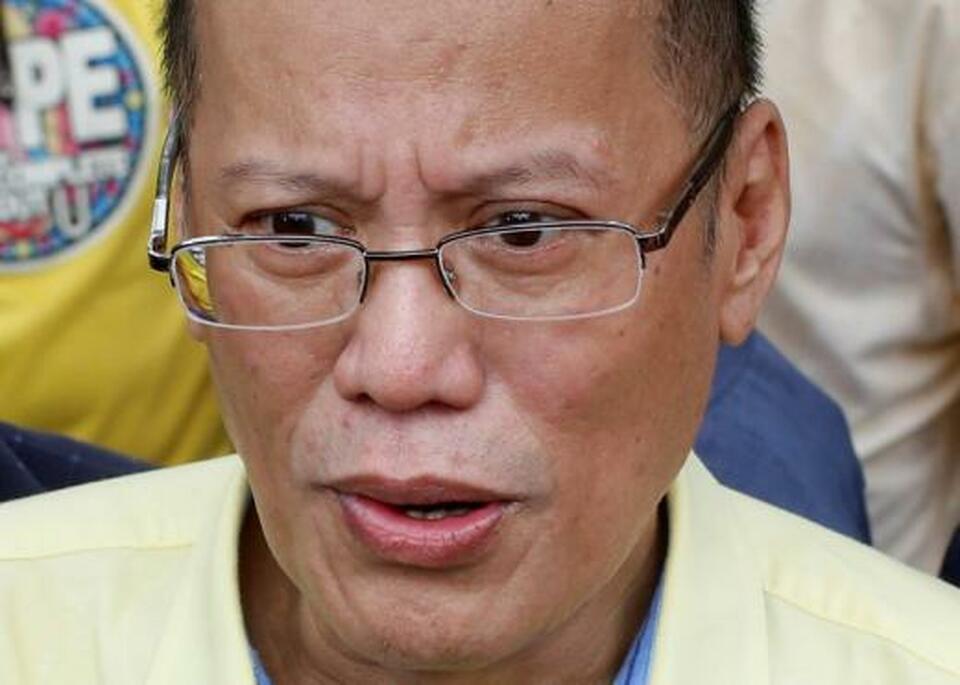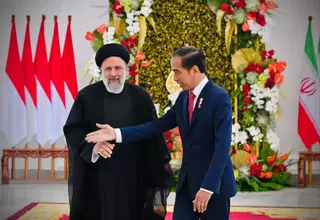Former Philippine President Defends Controversial Dengue Program

Manila. Former Philippine President Benigno Aquino defended on Thursday (14/12) his decision to implement a controversial immunization program using a new dengue vaccine in 2016, saying it was justified with millions of people at risk of being infected by the virus.
The decision was made to help prevent a disease affecting up to 2.8 million people, Aquino told senators investigating the campaign after the company Sanofi said its Dengvaxia vaccine was to be strictly limited due to evidence it could worsen the disease in people who had not previously been exposed to the virus.
"I want to stress, before, during, and after my government decided to use Dengvaxia, nobody expressed their objection to the vaccine," Aquino said.
Aquino approved the use of 3.5 billion pesos ($69 million) worth of government savings during his last few months in office to buy the Dengvaxia vaccine to be used for one million children in parts of the Philippines hard-hit by dengue.
"These types of drugs undergo years of development to ensure its efficacy, especially its safety," Aquino said.
Dengue is transmitted by mosquitoes.
It is not as serious as malaria but it kills about 20,000 people and infects hundreds of millions worldwide, with 200,000 cases reported on average in the Philippines every year.
The current government of President Rodrigo Duterte stopped the immunization program on Dec. 1 after Sanofi issued the warning. About 830,000 children, aged 9 and older, have been inoculated with Dengvaxia.
Two Philippine congressional inquiries have begun and a criminal investigation has also been launched to determine how the danger to public health came about.
Senator Richard Gordon, chairman of the senate investigation panel, said approval and procurement for the program went through with "unbelievable haste and phenomenal speed" given how quickly the Department of Health received funding for the campaign.
But Duterte said on Wednesday the previous government acted in good faith and that he was "not prepared to pass judgment".
Reuters
Tags: Keywords:POPULAR READS
President Jokowi Urges Global Restraint as Tensions Rise in the Middle East
President Joko "Jokowi" Widodo emphasized the importance of diplomatic efforts to prevent the escalation of conflict in the Middle EastKPK Identifies Sidoarjo Regent as Suspect in Corruption Probe
KPK has identified Ahmad Muhdlor Ali as a suspect in a corruption case involving the Sidoarjo Regional Tax Service AgencyEconomic Concerns Overshadow Security Worries for Indonesians in Iran
Indonesian citizens currently in Iran are more concerned about rising inflation than the security situation in the country.'Siksa Kubur' Review: Indonesian Horror with Solid First Act
The beginning part of "Siksa Kubur" is incredibly solid across many fields, including the visual storytelling.IDX Slides 2 Percent as Geopolitical Conflict Rattles Market Confidence
The IDX attributed the subdued performance of the index at the start of the week to the escalating geopolitical tensions in the Middle EastPopular Tag
Most Popular






















